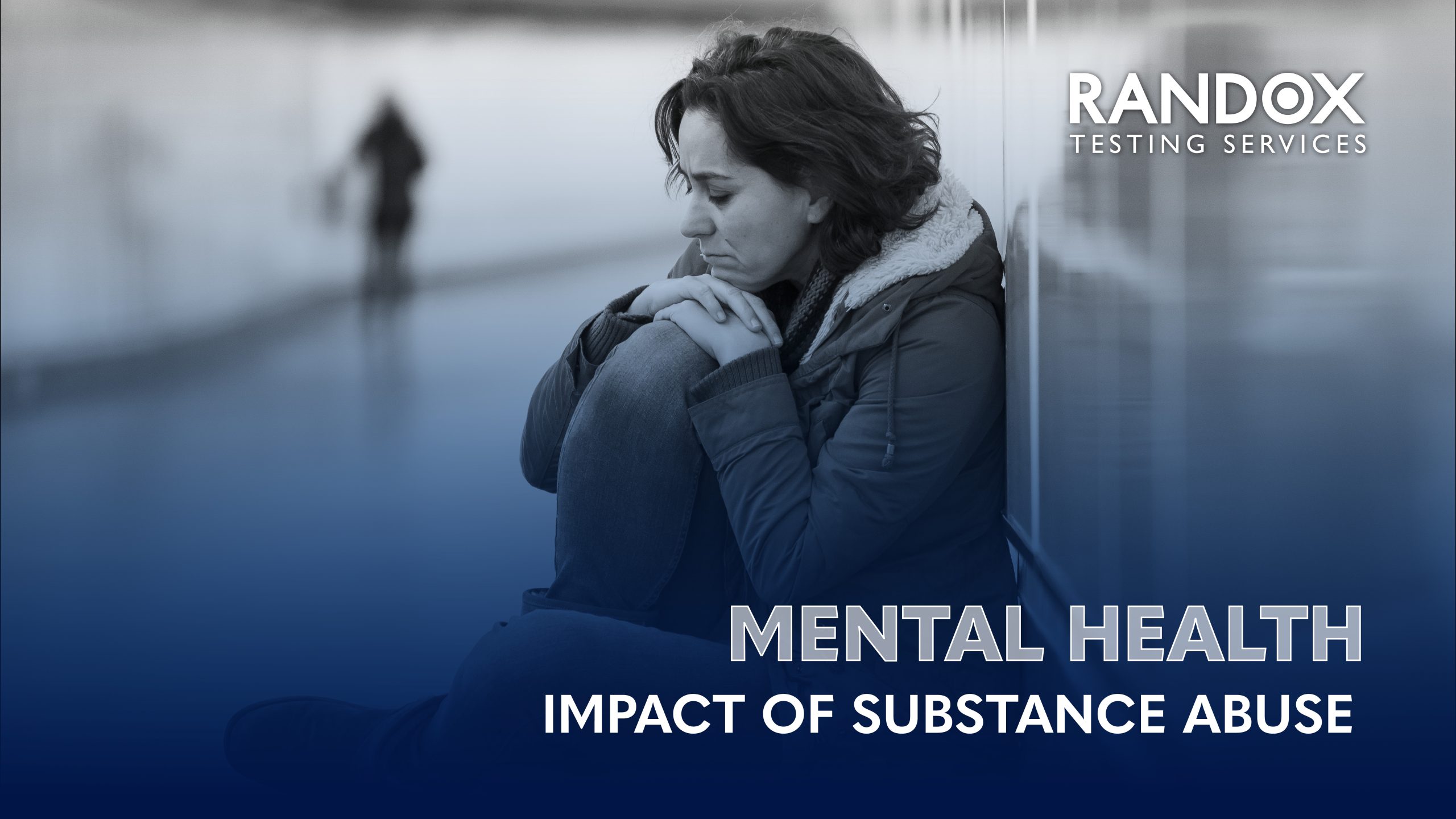Mental Health Impact of Substance Abuse

Drug and alcohol testing plays a vital role in maintaining workplace safety. But as awareness around mental health grows, employers must ask a difficult but necessary question:
Are we treating substance use as purely a disciplinary issue, or as a potential sign of someone who needs support?
For many employees, alcohol or drug misuse may be a symptom of deeper mental health struggles not just a case of poor judgement. When testing is used only to enforce rules, without offering help, it risks pushing vulnerable people further into crisis.
Substance Use and Mental Health Are Closely Linked
It’s well-documented that mental health issues and substance misuse often go hand in hand. Stress, anxiety, depression, and unresolved trauma can all contribute to drug or alcohol use, sometimes as a coping mechanism.
In a workplace setting, this can lead to:
- – Increased absenteeism or presenteeism
- – Reduced concentration or productivity
- – Safety risks for the individual and their colleagues
- – Heightened feelings of shame, fear, or isolation
If an employee tests positive and is met only with punishment or dismissal, the root cause is left unaddressed, and their wellbeing may deteriorate even further.
From Punitive to Supportive: A Cultural Shift
A more progressive and effective approach recognises that substance use may be a health issue, not just a policy violation.
Employers have a responsibility not just to enforce standards, but to offer pathways to support. That includes:
- – Referring employees to Employee Assistance Programmes (EAPs)
- – Offering access to mental health counselling or addiction services
- – Providing clear, confidential processes for employees to seek help without fear of immediate dismissal
- – Framing your drug and alcohol policy as a tool for care and early intervention, not just compliance
Testing doesn’t have to be about “catching people out” it can be part of a wider wellbeing strategy that supports recovery and keeps employees engaged in work.
How Employers Can Create a Support-First Framework
Here are practical steps to shift your approach:
- – Embed support into your drug and alcohol policy — make it clear that employees can access help
- – Train managers to handle disclosures with empathy and direct staff to resources
- – Communicate policies transparently, avoiding fear-based messaging
- – Normalise conversations around mental health and addiction in the workplace
- – Review testing procedures to ensure they’re respectful, fair, and tied into wellbeing efforts
A Safer Workplace Starts with Support
Testing will always have a role in managing safety and legal compliance. But when combined with genuine mental health support, it becomes far more powerful — not just protecting the business but protecting people.
By creating a culture where staff feel safe to seek help, employers can play a vital role in both early intervention and long-term recovery.
Want to review how your drug and alcohol policy aligns with best practice in mental health and wellbeing?
Contact us today:
Email: testingservices@randox.com
Phone: +44 (0) 28 9445 1011
LinkedIn: Randox Testing Services
Learn more about our services at: Randox Drug & Alcohol Testing Services